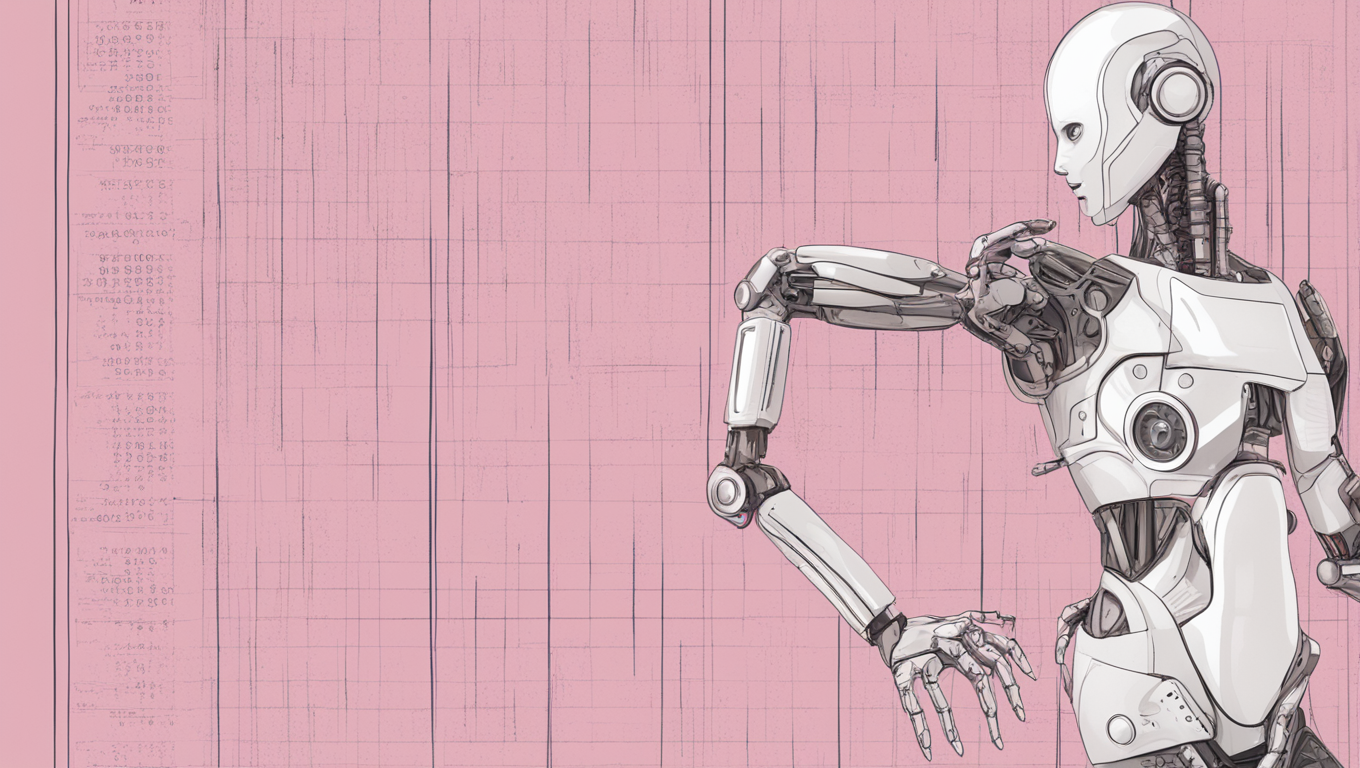AI in Healthcare: Revolutionizing Diagnosis, Cancer Care & Mental Health
In the world of healthcare, there is a groundbreaking technology that has the potential to transform the industry as we know it. Artificial intelligence, or AI, is being hailed by both proponents and critics as a game-changer. And this week, UK Prime Minister Rishi Sunak spoke about a new NHS trial that will utilize AI to assess mammograms, calling it a way to “help millions” of Brits.
The trial, a collaboration between the NHS and Korean firm Lunit, aims to improve the speed and accuracy of breast cancer diagnosis. Using AI to analyze mammograms, the trial will compare the results with those of radiologists. Early detection of breast cancer is vital, and this technology has the potential to make a significant impact in the lives of women and their families.
But breast cancer diagnosis is just one aspect of healthcare that could be revolutionized by AI. The technology has also shown promise in detecting other diseases. With its ability to spot subtle changes in tissue that are often missed by the human eye, AI has been used in studies to analyze scans like X-rays, MRI, and CTs, as well as blood tests. Previous studies have found that AI can diagnose conditions with at least 94% accuracy, comparable to radiologists.
In addition to diagnosis, AI can also play a role in improving cancer care. Radiotherapy, a common treatment for cancer, often causes side effects due to healthy tissue being affected. AI can help clinicians pinpoint the areas that need to be treated with radiation, reducing the severity of side effects and improving the patient’s quality of life.
But the benefits of AI in healthcare extend beyond cancer care. For a time-poor NHS staff, AI has the potential to boost productivity. By replacing one of two radiologists interpreting scans with AI, the number of staff able to carry out such analyses effectively doubles. Similarly, AI can be used to automate tasks like targeting areas for radiotherapy, saving valuable time for medical professionals.
However, there are concerns regarding patient privacy and safety when it comes to using AI. The idea of AI listening in to patients' private medical appointments has been criticized for potential breaches of privacy and intimidation. It is essential that AI implementation in healthcare prioritizes patient safety and data protection.
AI is not limited to diagnosis and treatment; it can also assist in tasks such as the transportation of medicines within hospitals. ‘Milton,’ the NHS penguin-bot, uses AI similar to self-driving vehicles to navigate hospitals and deliver prescriptions, reducing the burden on human staff. Additionally, AI-powered robots have been designed to answer patients' questions and engage in general chit-chat, freeing up time for medical professionals.
In the realm of mental health, AI is showing promise as a tool for therapy and support. Apps like Wysa offer users guidance through meditation and breathing exercises, providing support and empathy. However, the use of digital therapists has sparked concerns that some individuals may rely on these apps instead of seeking proper psychiatric care. The lack of human involvement in therapy raises questions about the potential exacerbation of mental health issues in vulnerable individuals.
As AI advances, there is no doubt that it has the potential to revolutionize healthcare. From improved diagnosis and cancer care to increased productivity and mental health support, AI is poised to change the way we approach healthcare. As Prime Minister Sunak said, “AI could help millions of women.” And indeed, it could help millions of people around the world, transforming healthcare for the better.





Use the share button below if you liked it.